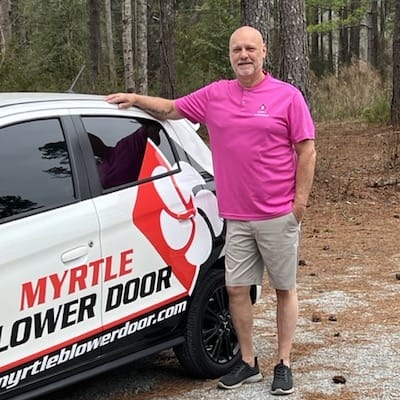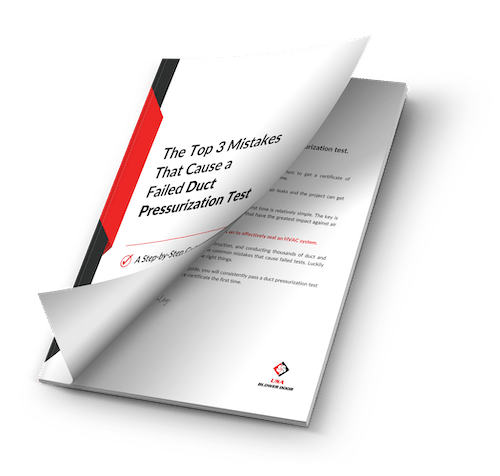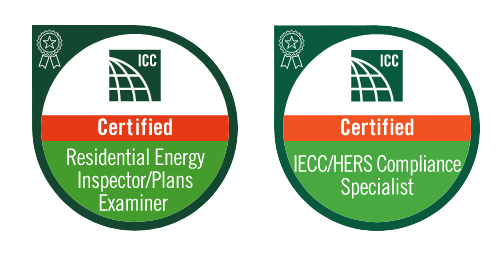Reliable Energy Testing to Keep Your Build on Schedule
Blower Door Testing, HVAC Duct Testing, and Energy Code Consulting
in Myrtle BeacH, South Carolina
Residential
//
Commercial
//
Multi-Family
Myrtle Blower Door Makes DET Testing Simple
Your time is too valuable to waste it chasing down subcontractors.
When you choose to work with us you can be confident your energy testing in South Carolina or North Carolina will be completed on time.
On-Time Technicians
You can count on our techs to show up when scheduled
Collaborative Troubleshooting
If you get a failed test, we’ll help you understand what to fix.
Same-Day Test Certification
You’ll get a physical certificate on-site and a digital version within 24 hours.
Energy Services to Help You Meet South Carolina Energy Code Requirements
Join the hundreds of contractors, builders, and homeowners we’ve helped confidently meet energy codes.
Experienced Trade Partners You Can Count On
With over 40 years of construction experience, our team understands how critical it is for you to have reliable trade partners. Your reputation and profitability depend on it.
How the Testing Process Works
Schedule your Test Date
A Certified Technician Performs Your Test
Get Your Energy Compliance Certificate
Your blower door and duct testing might be the easiest part of your project.
Questions?
Check out our FAQs or give us a call at (843) 507-0087
Trusted by the Southeast’s Premier Home Builders
The Myrtle Blower Door Team
You can count on our experienced team to show up on schedule so you can get your Certificate of Occupancy on time.

Raymond Gunsauley
Founder & President
Principal Building Scientist

David Williams
Co-owner
Certified DET Verifier

Maria Avila
Office Manager
Certified DET Verifier
South Carolina Energy Code Requirements
Since 2013, the 2009 International Energy Conservation Code (IECC) was adopted. This requires all new homes in South Carolina to get a duct pressurization test by a certified DET Verifier before a Certificate of Occupancy can be issued.
This includes testing ducts outside the building envelope and the areas in unconditioned spaces. Some municipalities also require Blower Door Testing.
Requirements
North Carolina Energy Code Requirements
Since 2019, the 2018 North Carolina Energy Conservation Code (NCECC) was adopted. This requires all new homes in North Carolina to get a visual air leakage inspection by the Builder or a third-party inspector like Myrtle Blower Door.
Duct testing is mandatory but not required for systems conditioning less than 750 square feet. Blower Door Testing is currently optional in North Carolina.
Requirements
Myrtle Blower Door Service Area
We proudly serve Conway and Myrtle Beach, SC along with the counties of Dillon, Florence, Georgetown, Horry, Marion, and Williamsburg.
Our service area also includes Brunswick, Columbus and Robeson counties in North Carolina.
Myrtle Blower Door technicians are available for travel outside our primary service area. Additional travel costs apply and is quoted based on mileage.
Call today for a quote. Or, click below to schedule a test online.
Myrtle Blower Door
Download our Free Guide:
3 Duct Sealing Mistakes to Avoid and How to Fix Them
Enter your name and email below to download this free guide.
This FREE guide will show you how to avoid the top 3 HVAC sealing mistakes so you can easily pass a duct pressurization test the first time, every time.





